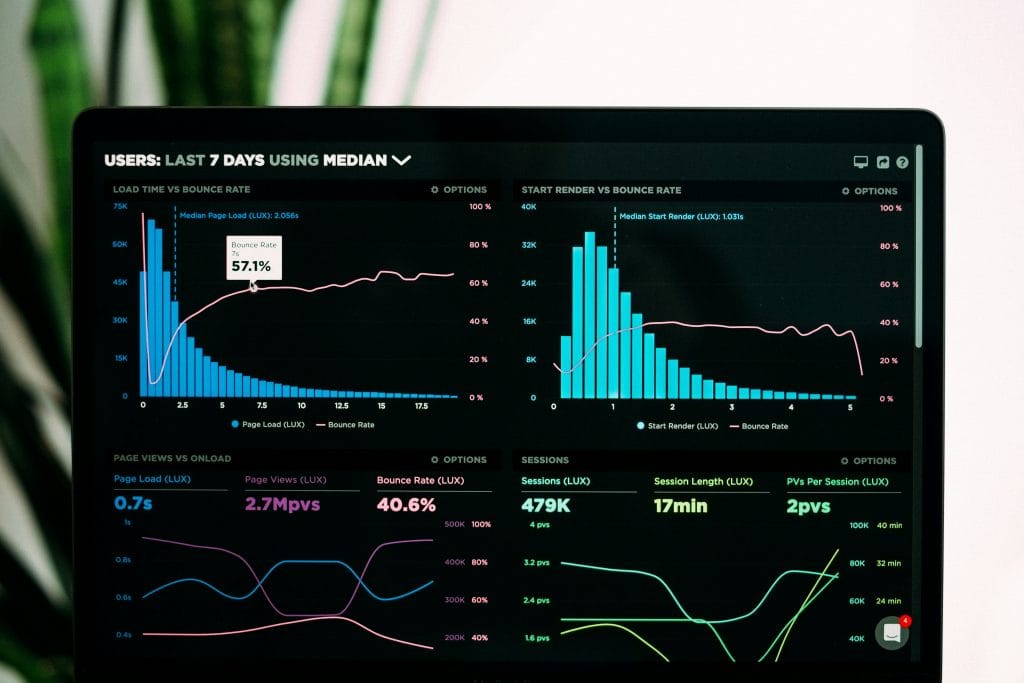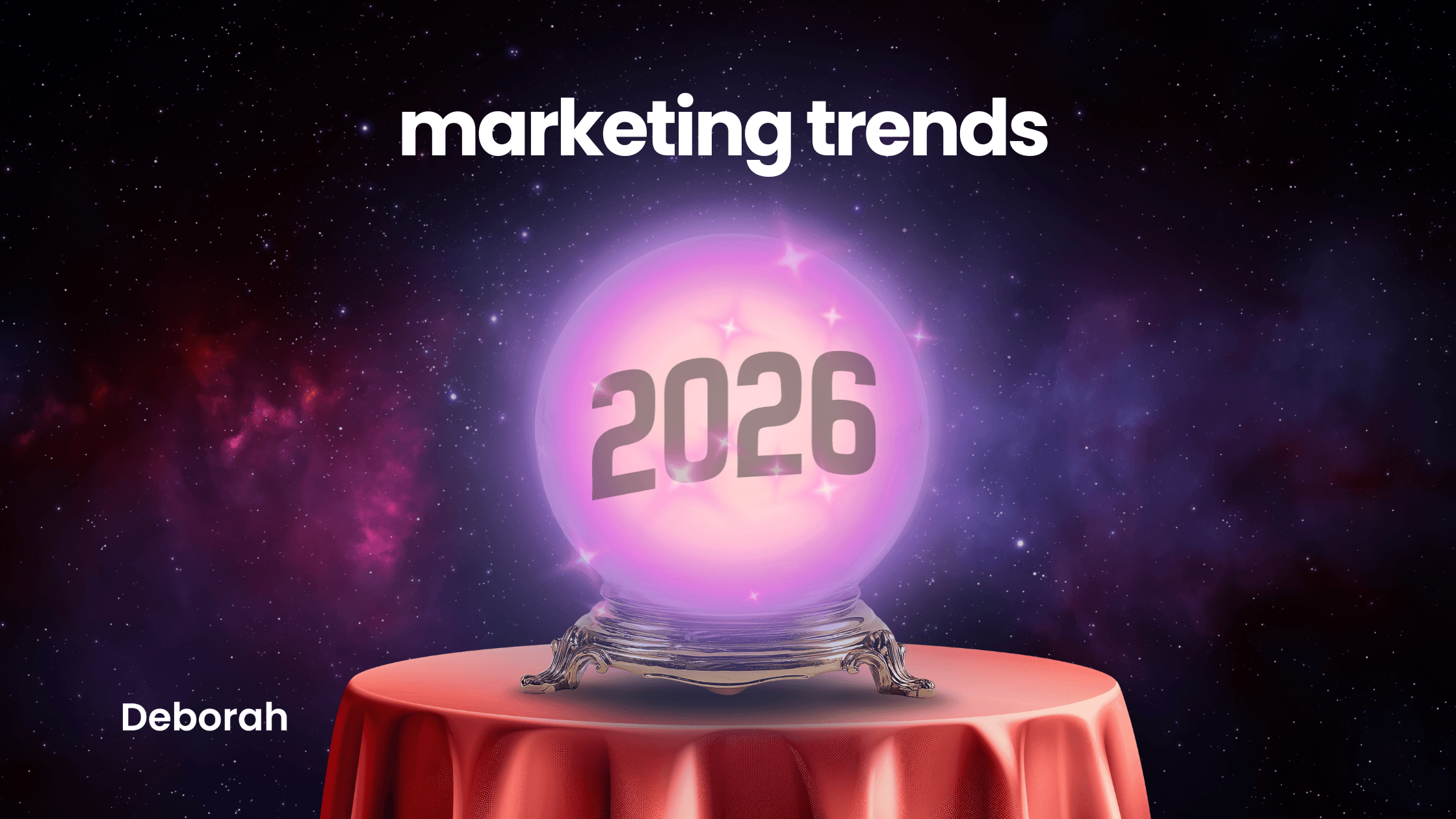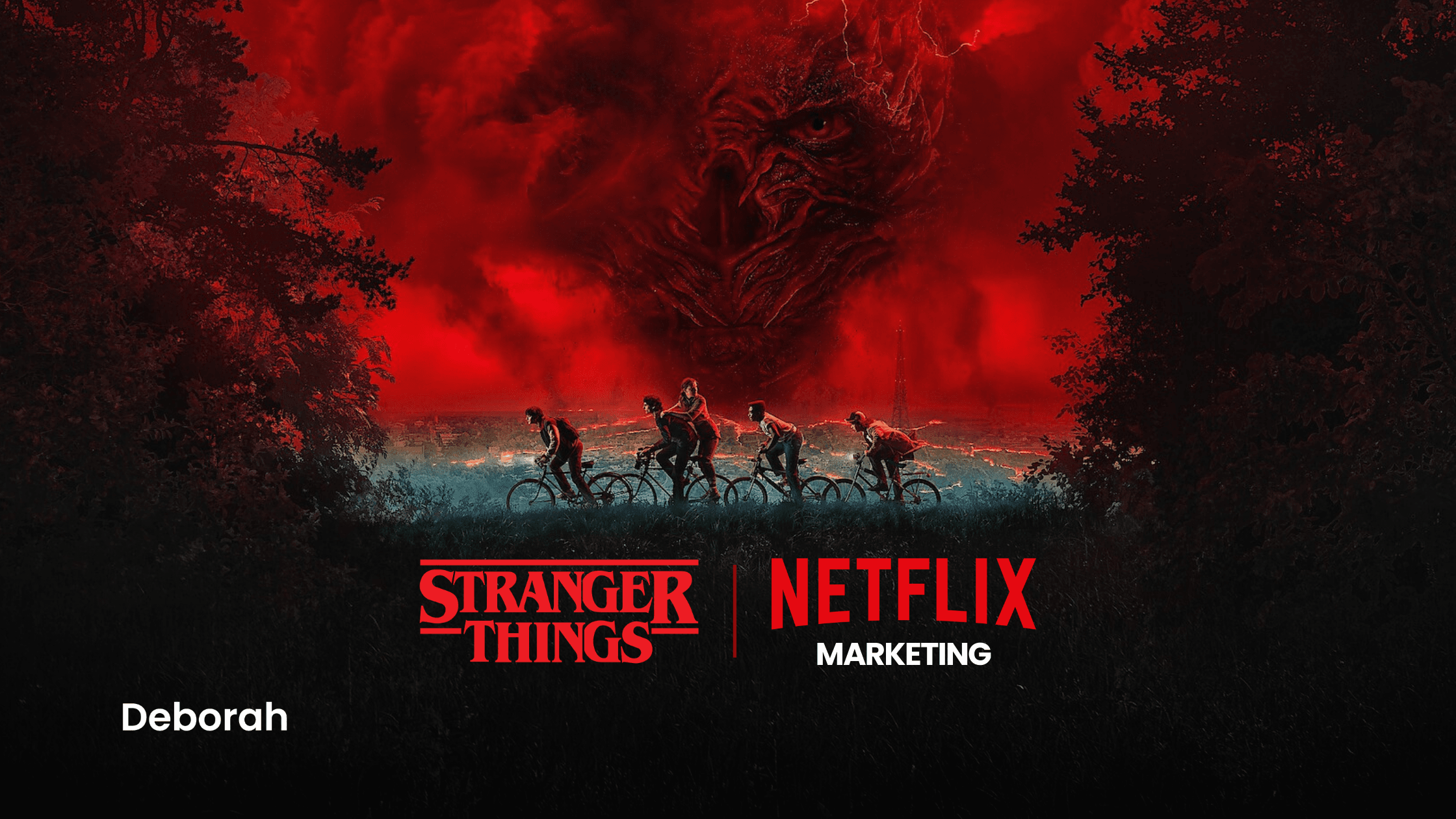Table of Contents
As a small business owner, you might be asking, “Do I really need a website?” The truth is, if your business isn’t online, it might as well not exist. While social media platforms and online marketplaces are plentiful, relying solely on them can limit your brand’s growth. Instead, establishing a dedicated online hub is essential.
A small business website is more than just a digital storefront—it’s your first impression and often the deciding factor for customers comparing you with your competitors. It signals professionalism, credibility, and a readiness to serve.
Today, we’ll break down exactly why having a small business website can be a game-changer. Whether you’re just starting out or looking to grow, you’ll learn how a strong online presence can help you stand out, reach more people, and elevate your business to the next level.

1. The benefits of having a small business website
Let’s talk about why having a website for your small business is a total game-changer. Don’t think of it as attempting to “look professional” (though that’s a big deal); think of it as opening up opportunities you might not even realize you’re missing. Here’s why a website is worth every bit of effort and money:
1.1 It makes you look legit
People trust businesses with websites. That’s an axiom! If someone’s googling your business and finds… nothing? That’s a red flag. A clean, professional website tells customers, “Hey, I’m here, and I mean business.” For instance, a survey found that 79% of Brits agree that a business with a well-designed website is more credible than one with just a social media page.
1.2 Your business is open 24/7
Got customers who like to shop or research in the middle of the night? A website makes that possible. Even when you’re off the clock, your website works for you, providing information, answering questions, or even making sales while you sleep. This 24/7 availability caters to varying customer schedules and time zones, enhancing user experience and potentially increasing sales.
1.3 You control the narrative
Your website is your space to shine. You decide how your business looks, sounds, and feels. Want to share your story, show off your best products, or highlight glowing customer reviews? It’s all in your hands.
1.4 You’re not limited by geography
A website lets you reach customers far beyond your local area. Whether you want to target the next town over or an entirely different country, the right website—and a little optimization—can make it happen.
1.5 Google loves websites
When people search for something online, they’re probably starting with Google. A well-optimized website improves your chances of showing up in search results, especially for local searches like “best coffee shop near me” or “plumber in [your city].”
1.6 It can boost your sales
Want to sell your products, book appointments, or collect leads? Your website can handle it all. With the right tools, your website becomes a virtual sales assistant that works around the clock. A well-designed website can boost sales by providing an easy platform for customers to purchase products or book services directly online.
1.7 You get to know your customers
Here’s a fun bonus: with tools like Google Analytics, you can learn a lot about your website visitors. Where they’re from, what they’re looking for, and how they’re finding you—these insights help you make smarter business decisions.
1.8 It builds customer relationships
Your website can do more than sell—it can connect. Blog posts, FAQs, newsletters, and even simple contact forms show your customers that you care and keep them coming back for more.
1.9 It keeps you ahead of the competition
Your competitors probably have websites, and if you don’t, you’re already at a disadvantage. A website helps you level the playing field—or even pull ahead.
1.10. Websites are a marketing power tool
To put it in sports terms, think of your website as your marketing play-maker. It can integrate with your social media, host your blog, and act as a hub for all your marketing efforts. Best of all, it’s a cost-effective way to get your business in front of the right people.

2. Alternative options to a website
Okay, let’s say you’re not quite ready to invest in a small business website. Maybe it feels like a big leap, or you’re just starting out. That’s totally fine! There are plenty of other ways to make your presence felt online and connect with your customers. Let’s talk about some alternatives that might work for you, but also discuss their limitations compared to having a website.
2.1 Social media platforms
Facebook is great for creating a business page, sharing updates, and even selling directly through Facebook Shops. Instagram is perfect for visual storytelling—you can post high-quality photos, reels, and stories to engage your audience. And if you want to go viral or connect with a younger crowd, TikTok is the place to be with short, engaging videos that can skyrocket your brand’s visibility.
Why it works: It’s free, super easy to set up, and lets you connect with people in real time.
What’s the catch?: You don’t have much control over how your page looks, and algorithms can make it tricky to get seen.
2.2 Online marketplaces
If you’re selling physical products, why not take advantage of platforms that already have millions of eager shoppers? Etsy, Amazon, and eBay are basically one-stop shops where people go specifically to buy. Instead of worrying about setting up a website, handling hosting, or figuring out payment processing, these platforms take care of the heavy lifting for you.
Why it works: They’ve already got tons of shoppers, so you don’t have to worry about driving traffic.
What’s the catch?: There’s a lot of competition, and the platform takes a cut of your earnings.
2.3 Google business profile
When people search for businesses like yours, whether it’s a coffee shop, salon, or repair service, they’re likely to turn to Google Maps or local search results first. A well-optimized profile ensures that your business shows up when potential customers are looking for what you offer. It’s completely free and one of the easiest ways to boost your visibility without needing a website. If you haven’t set yours up yet, now’s the time!
Why it works: It’s free and makes it super easy for customers to find your hours, contact info, and reviews.
What’s the catch?: It’s not exactly customizable, and it works best when paired with a website.
2.4 Online directories
These platforms are goldmines for small businesses because they help people find you right when they’re searching for what you offer. Whether you run a restaurant, a boutique, or a local service, having a presence on these sites can boost your visibility and credibility.
Why it works: Adds credibility and boosts your chances of being discovered.
What’s the catch?: You’re competing for attention with other businesses, and reviews can make or break you.
2.5 Email marketing
Got a list of customers or interested leads? That’s gold! Don’t let it go to waste—start sending out emails to keep your audience engaged. Whether it’s updates about new products, special offers, or just valuable tips related to your industry, email marketing is a powerful way to stay on your customers’ radar. The best part? Email marketing helps you build a direct connection with your audience—no algorithms deciding who sees your content. It’s an easy, cost-effective way to keep your business top of mind!
Why it works: It’s personal and has a great return on investment (ROI).
What’s the catch?: You need a way to collect email addresses first, which is where websites come into handy.
2.6 Messaging apps like Whatsapp business
For quick and easy communication, platforms like WhatsApp Business and Facebook Messenger can be absolute lifesavers. They let you chat with customers in real time, answer questions instantly, and even automate responses for common inquiries. With WhatsApp Business, you can create a professional profile, showcase your products, and even set up quick replies to save time.
Why it works: Instant interaction and great for building trust.
What’s the catch?: It’s not ideal for showcasing a lot of products or services.
2.7 Blogging platforms
Want to share your expertise but don’t feel like managing a full-blown website? No problem! Platforms like Medium and Substack make it easy to publish content without the hassle of setting up and maintaining a site. Both options allow you to establish yourself as an authority in your field without worrying about hosting, design, or SEO. Plus, if your business grows and you decide to launch a website later, you’ll already have a library of content ready to go!
Why it works: It’s easy to get started and build a following.
What’s the catch?: You don’t have much control over branding.
2.8 QR code portfolios
Here’s a creative twist—QR code portfolios! If you don’t have a website but still want an easy way to showcase your work, a QR code can be a game-changer. Simply generate a QR code that links to your portfolio, Google Drive folder, or even a PDF brochure, and you’ve got a sleek, professional way to share your work with potential clients or customers.
Why it works: Quick, shareable, and easy to set up.
What’s the catch?: It’s a temporary fix, not a long-term solution.
2.9 So, what’s the takeaway?
While these options can work for now, they’re not a replacement for the flexibility and professionalism of a website. But hey, if you’re not ready to dive into web design, these alternatives are a great way to dip your toes into the digital world. The key is to start where you’re comfortable and build from there!
3. The costs of a website vs. potential ROI
Alright, the one pressing question that’s floating around your mind must be: “How much is this small business website going to cost me?” It’s a fair concern, especially if you’re running a small business and watching every penny. But don’t look at it as an expense, look at it as an investment. Let’s break it down together.
3.1 What does a website actually cost?
First, let’s talk dollars and cents. The cost of a website can vary a lot depending on what you need. Here’s a rough idea:
- DIY platforms (like Wix or Squarespace): Starting at $10–$50/month for basic plans.
- Custom websites (hiring a developer): Anywhere from $2,000 to $10,000+ upfront, depending on complexity.
- Maintenance costs: Think domain registration (around $10–$20/year) and hosting fees ($100–$300/year).
Sounds like a lot? It can be, but the beauty of a website is that you can start small and upgrade as you grow.
3.2 The return on investment (ROI)—why it’s worth it
Now let’s flip the script. Instead of thinking about what you’re spending, consider what you’re gaining. Think of your website as a 24/7 salesperson, ready to help you make money while you sleep.
- More customers: Your website makes it easier for people to find you online, even outside of your business hours.
- Credibility boost: Studies show that 84% of consumers think a business with a website is more credible than one without.
- Wider reach: Instead of just relying on local foot traffic, your website opens the door to customers across your city, country, or even the world.
- Easier marketing: A website lets you run targeted ads, track analytics, and collect customer emails, all of which help you grow.
Here’s a little perspective. Imagine you spend $3,000 on a website and it helps you gain 20 new customers per month, with each customer spending $50. That’s $12,000 in revenue in the first year alone. Suddenly, that $3,000 doesn’t seem so bad, right?
3.3 What happens if you don’t have a website?
Now, let’s think about the flip side. If you don’t have a website, you might:
- Miss out on online searches where potential customers are looking for businesses like yours.
- Lose credibility to competitors who do have websites.
- Limit your marketing options and miss opportunities to grow your brand.
Yes, a website is an upfront cost, but the potential return on investment makes it a smart move for most small businesses. Plus, not having a website could end up costing you more in lost opportunities. So, if you’re ready to take your business to the next level, this might just be the step that gets you there!
4. Key takeaways
So, what’s the verdict? Do you need a small business website? If you’re serious about growing, standing out from the competition, and connecting with more customers, the answer is yes, no questions asked. It’s quite possibly the best long-term investment you can make for your business, no matter its size.
As we alluded earlier, your website is your virtual storefront, open 24/7, ready to welcome anyone interested in what you offer. Whether it’s showcasing your services, building credibility, or creating a space to engage with customers, a website is an investment that pays off in countless ways.
Here’s why having your own website is essential:
- Full control and ownership: Controls your content and design exactly the way you want, without restrictions imposed by third-party platforms.
- Enhanced credibility: A professional website builds trust with customers and sets you apart from competitors.
- Improved SEO and visibility: Your website helps boost your search engine rankings, making it easier for potential customers to find you.
- Comprehensive information hub: Displays everything from your products and services to contact information and customer testimonials in one convenient place.
- E-commerce capabilities: Integrates online shopping features that allow customers to buy directly from you, expanding your reach.





